AP数学是美版丘成桐少年班?Math Acceleration Program in Huamei
*国际著名数学家、菲尔兹奖首位华人得主: 丘成桐
坊间对于类似的数学个性化学习安排,流传着像“跳级”或“天才班”等过于神秘化的名称 ;然而,我校美高数学老师刘博士认为,为学习能力和兴趣不同的学生安排不同的学习进度,因材施教,只是回归教育本质。
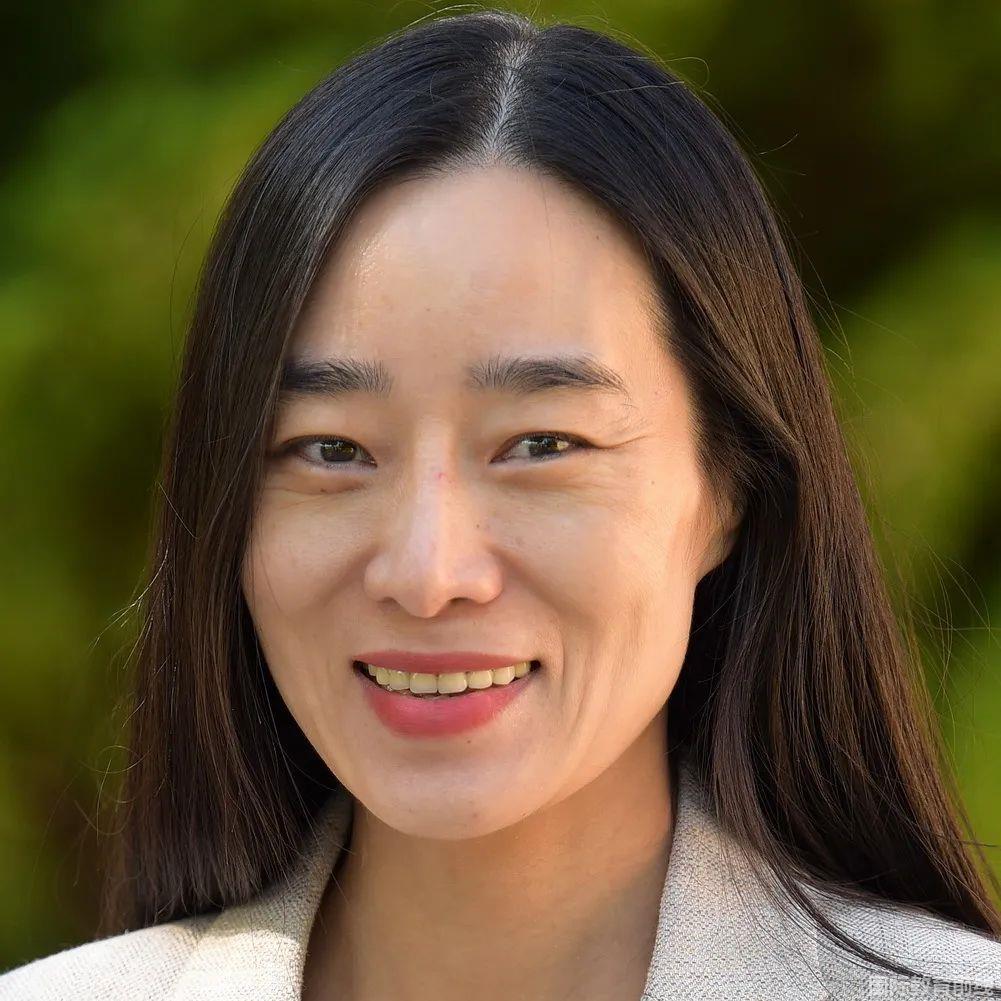
中学数学教师 Dr. Liu
学历:天津大学工程学学士,巴黎高科-法国国立路桥学院 &巴黎城市规划研究院硕士及博士学位
证书:高级中学教学资格
教学经验:拥有超过12年工作经历
曾任职位:在大连理工大学任教并担任研究生导师八年,具有涵盖从7年级到9年级的数学课程、AP微积分BC、AP统计学和AP物理学的教学经验。
其他:熟练掌握中文、英语和法语三种语言
国家:中国
美高数学如何个性化安排进度?
中学部从七年级到九年级,学生都有调整学习进度的机会。首先在教学过程中,数学任课老师会积极发现有潜力的学生,评估他们是否有能力加快进度学习。这类型的学生一般是数学成绩明显领先于同年级平均水平,并且学有余力。同时,数学组也会通过标化成绩如MAP,PSAT 以及其他科目的成绩,来综合判断学生的学习能力。
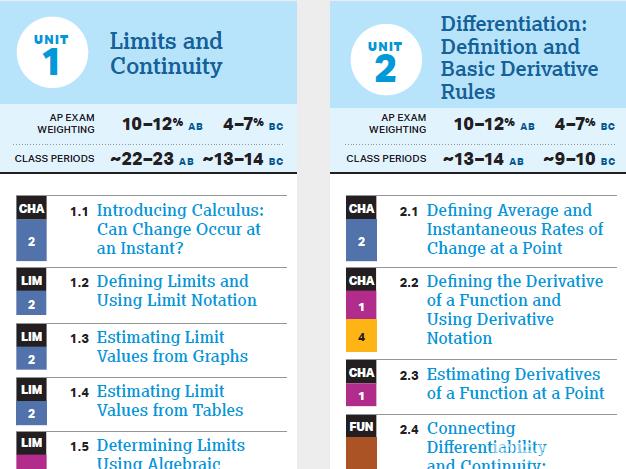
* AP微积分BC部分课程目录
按常规课程安排,学生在十年级高一以后就会有机会选修大学先修AP数学课。部分有潜力跳过基础数学课程的学生,他们的学习内容安排会有所不同。例如:按照常规课程11年级的数学课是预科微积分,但是有能力的学生可以在10、11年级就接触大学先修课的微积分和概率统计学课程,并在12年级开始大学数学 的学习。
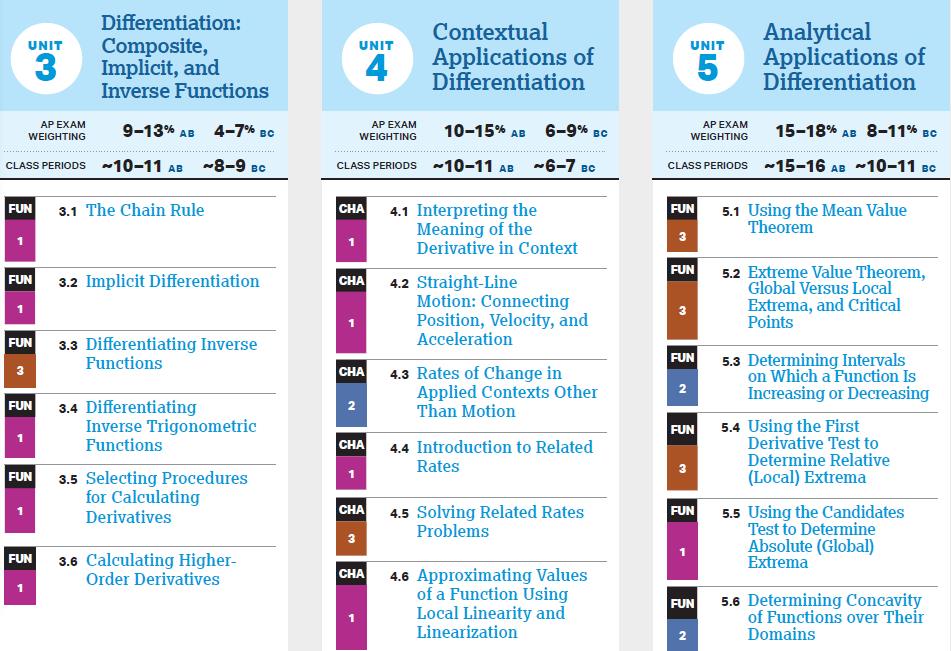
* AP微积分BC部分课程目录
个性化数学安排,学生需要做什么准备?
任课教师在上半学期末以“推荐”的形式,建议部分学生加快数学的课程进度。学生和家长明确表示接受建议后,数学组老师会以不同的形式,为学生提供学习参考资料。因为加快进度并不意味学生不用学习下一年的数学课程,而是要在不影响当年数学课程学习的条件下,通过自学完成将要跳过的那一年的数学课程。
任课教师会根据不同的课程资源内容和形式,来监督这些学生下半学期的课程进度。在下半学期末,数学组会为学生安排一次评估。学生通过了评估要求,才可以成功进入更高难度的课程学习内容。如果没能完成上述要求,下一学年将按常规进度安排数学课程。

个性化数学课程进度对升学有帮助吗?
对于数学成绩突出的孩子来说,加快学习进度是一个绝佳的机会。最明显的优势,就是学生可以在高中初期接触到大学微积分的内容。AP微积分BC的内容不仅与大学普通专业的高等数学的课程内容对齐,还涉猎到参数函数、向量函数微积分、无穷级数等这些工科类专业才要求的高等数学课程内容。
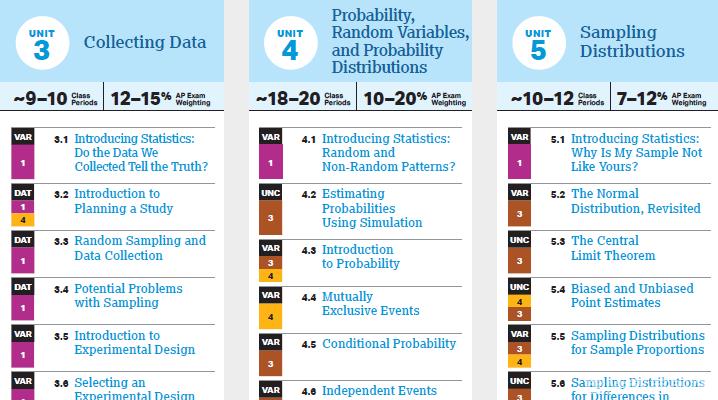
* AP统计学部分课程目录
让学生在青少年时期尽早地接触微积分学的数学教育理念,已经在诸如丘成桐、施一公等这些科学家和教育家们中达成了共识。如果在高三之前修完所有的AP数学课程,学生还可以利用高中的最后一年,选学更多的大学数学课程。我们学校就有优秀的孩子,在高中阶段完成了多变量微积分和线性代数的课程。
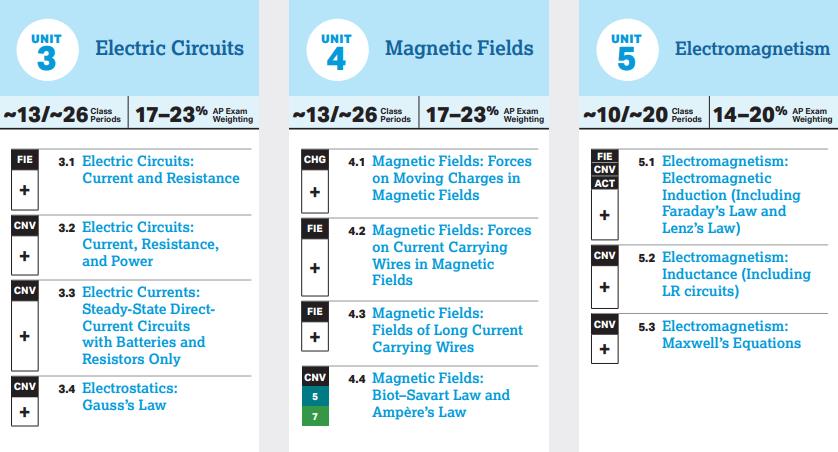
* AP物理C部分课程目录
对物理学感兴趣的孩子,如果在高一或者高二完成微积分的课程内容,就有机会在高中期间修学微积分为基础的物理学。我们校内有AP物理C: 力学和电磁学这两门微积分基础的物理学课程。与大学物理学的第一年全年课程对齐,我相信这些可以直接体现在学生成绩单上的课程修学经历,必定对升学产出积极影响。
“我教的微积分BC课结束时,会给学生做一个结课作业,就是用微积分证明爱因斯坦的质能方程E=mc^2 。有了微积分基础的学生,才能真正理解狭义相对论的原理,才能真正理解洛伦兹变换与光速不变的原理。
对我个人而言,我最喜欢的学科一直都是物理。微积分是物理的主要交流工具。没有微积分的基础,你是无法真正理解大部分的物理原理的。包括初高中学习的那些绝大多数的基本定律,只能是停留在背诵和记忆的层面,无法用初等数学的知识去推导。但是有了微积分知识以后,学生就可以直接学习大学物理,过去只能记忆的定律和公式,原来都是可以用微积分推导出来的。
如果学生问我学微积分有什么用。我能想到最好的回答,就是有了微积分知识之后的你,能读懂的理工科方面的书要远多于之前,层次也远高于之前。”
——刘博士
关于加快高中数学学习进度的安排,校内家庭请咨询数学组,校外家庭请咨询招生老师。
下周三3月20日下午,华美小学及传承部举办试听课活动,学生有机会进入真实课堂体验。
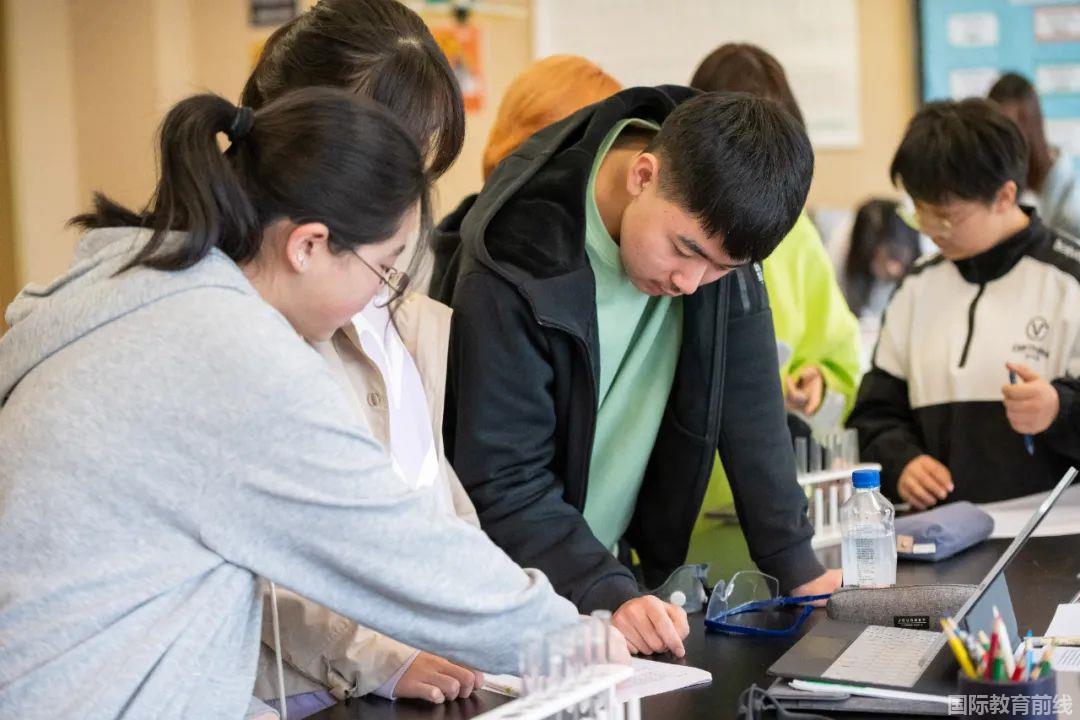
The "Yau Shing-Tung Junior Class" is authorized by the internationally renowned mathematician, the first Chinese winner of the Fields Medal , and the Dean of Tsinghua University's Academy of Mathematics, Mr. Yau Shing-Tung, to run the class for 39 middle schools in China. The "Yau Shing-Tung Junior Class" adopts the approach of connecting middle schools and high schools with universities to further explore the early cultivation of talents in mathematics, and to provide the country with the most innovative and outstanding talents in the field of mathematics.
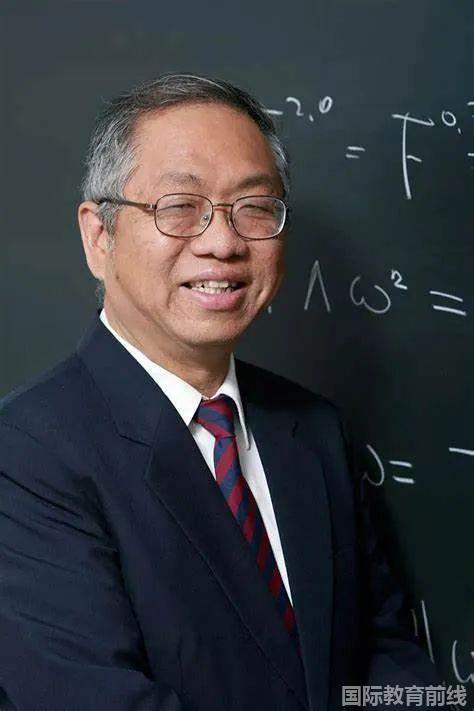
* Mr. Yau Shing-Tung
For similar personalized learning arrangements for mathematics, there are rumors of overly mystifying names such as "grade skipping" or "gifted classes". However, Dr. Liu, the math teacher at our school, believes that arranging different learning schedules for students with different learning abilities and interests is a return to the essence of education.

Secondary Math & Science Teacher: Dr. Liu
Qualifications: Doctorate d’ Université Paris-Est, Master B.Engineering
Other Certifications: High School Teaching Certification
Experience: 12+ years of work experience
Past Positions: Secondary math classes Middle School, AP Calculus BC, AP Statistics and AP Physics; taught undergraduate and postgraduate students and has been a master’s supervisor in Dalian University of Technology for 8 years
Other Activities: proficient in three languages: Chinese, English, and French
Country of Origin: China
What kind of students would we recommend the math acceleration program?
In secondary school, there are opportunities for students to join the math acceleration program from grade 7th to 9th. Firstly, the math teachers actively try to identify and recommend students who can skip a grade as part of their teaching process. Those students are significantly ahead of their grade average in math and can do further self-learning. We also use standardized test scores , and scores in other subjects, to determine a student's academic ability.

* Part of the AP Calculus BC curriculum catalogue
Students will be given the opportunity to take AP Math after 10th grade as part of the regular curriculum. Students who successfully skip grades at different grade levels will have different math courses. For example, the regular math curriculum for G11 is pre-calculus, but students who can do more can start AP Statistics and College Math in G12.

* Part of the AP Calculus BC curriculum catalogue
What preparation do students need to join the math acceleration program? What exams do they need?
Math acceleration recommendations are made by the teacher at the end of the first half of the semester as a "Grade Skipping Agreement". Once the student and parents have accepted the agreement, they will be provided with reference materials in various formats. Skipping a grade does not mean that the student does not need to take the next year's math course, but rather that the student will be able to complete the skipped year's math course on his/her own without interfering with the current year's math course. Teachers will monitor the progress of skipped students during the second half of the semester, depending on the content and format of the resources. At the end of the second half of the semester, an exam will be given to the skipped student. Students must pass the exam with a minimum score to skip a grade. If they do not do so, they will be placed in the regular math program for the next school year.

How does the math acceleration program benefit a student? Does it help with university application?
For students who excel in math, the math acceleration program is a great opportunity to get individualized math instruction. The most obvious advantage is that students are exposed to the content of Calculus BC early in high school. AP-Calculus BC not only aligns with the content of advanced math courses for general college majors, but also dabbles in parametric functions, calculus of vector functions, and infinitesimal series, which are only required for engineering majors. The idea of exposing students to calculus as early as possible in their teenage years has been agreed upon by scientists and educators such as Chengtong Qiu and Yigong Shi. If all AP math courses are completed by 12th grade, students can use their last year of high school to take additional college math courses. We have had excellent kids at our school who complete multivariable calculus and linear algebra in high school.

* Part of the AP statistics curriculum catalogue
Students interested in physics can take calculus-based physics during high school if they complete the calculus content in 10th, or 11th grade. We offer AP Physics C: Mechanics, Electricity and Magnetism as two calculus-based physics courses on campus. This is aligned with the first full year of college physics. I believe that these courses will have a positive impact on the student's transcript.

* Part of the AP physics C curriculum catalogue
“One of the projects I will give students at the end of my BC class is to use calculus to prove Einstein's mass-energy equation E=mc^2 . With a foundation in calculus students can really understand the principles of special relativity and the Lorentz transformations and the invariance of the speed of light.
For me personally, my favorite subject has always been physics. Calculus is the main communication tool for physics. You can't really understand most of the principles of physics without a foundation in calculus. Most of the fundamental laws that you learn in middle and high school can only be memorized at the level of acceptance and cannot be deduced with elementary math knowledge. But with the knowledge of calculus, you can learn college physics directly, and the laws and formulas that you could only accept and memorize in the past can be deduced with calculus. If a student asks me what the point of learning calculus is. The best answer I can think of is that you can read far more books in science and engineering with a knowledge of calculus than you could before, and at a far higher level.”
——Dr.Liu
For any math acceleration program inquiries, please check with the Math department if you are current families, and with the Admissions if you are prospective families.
There will be a trial class event happening in Dalian Huamei Bilingual School next Wednesday, March 20th.